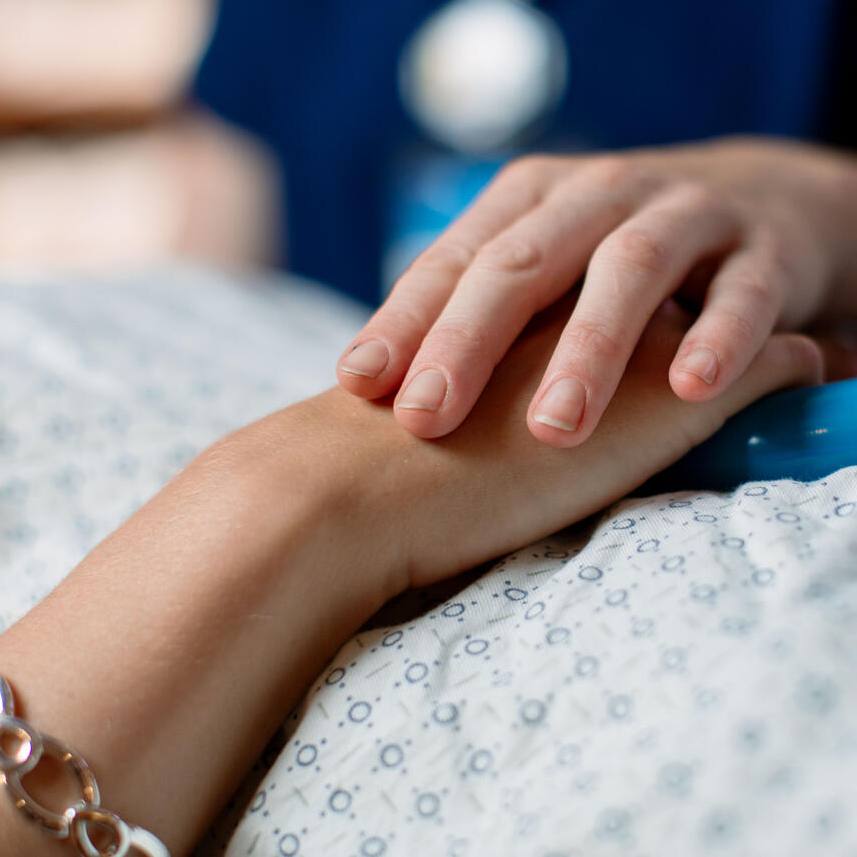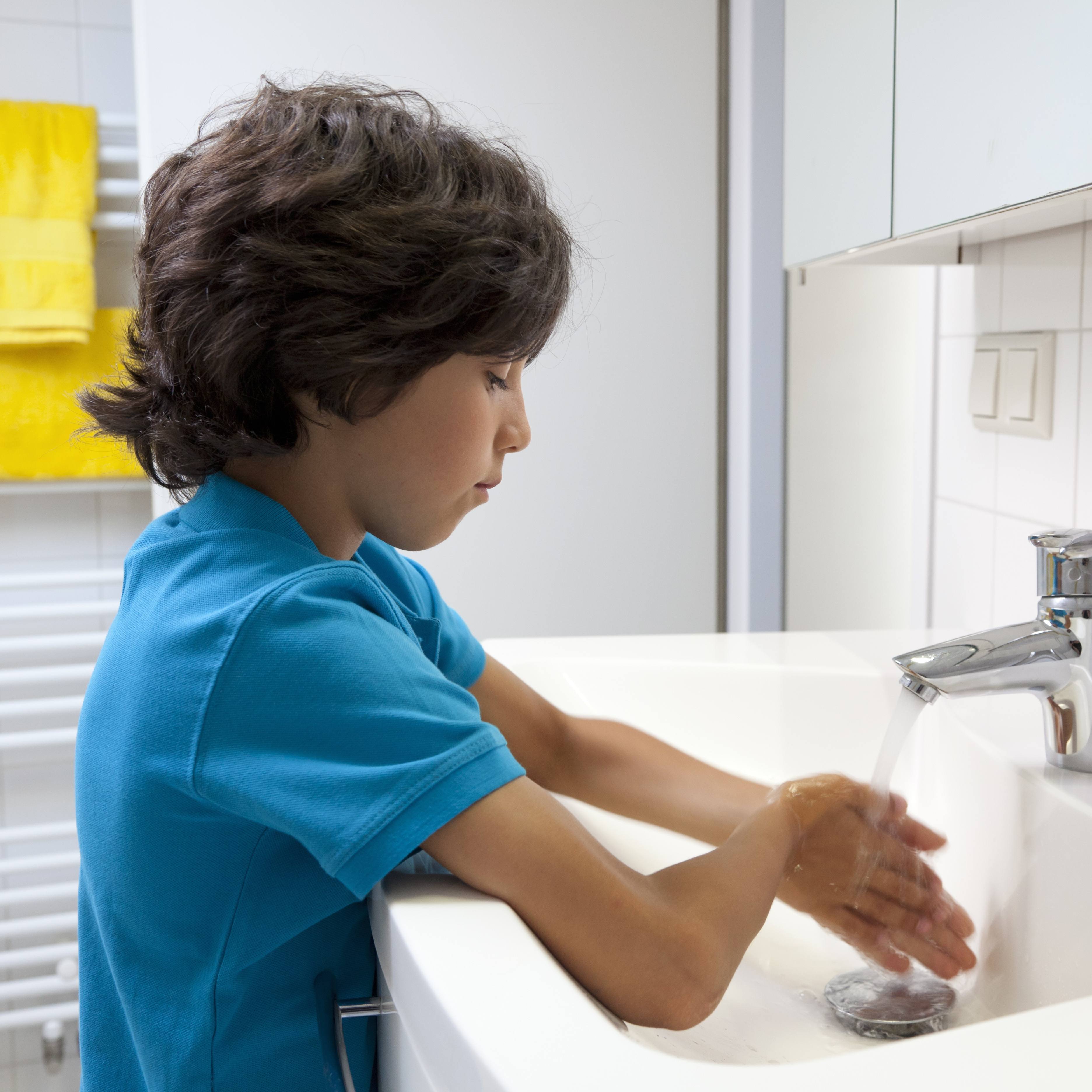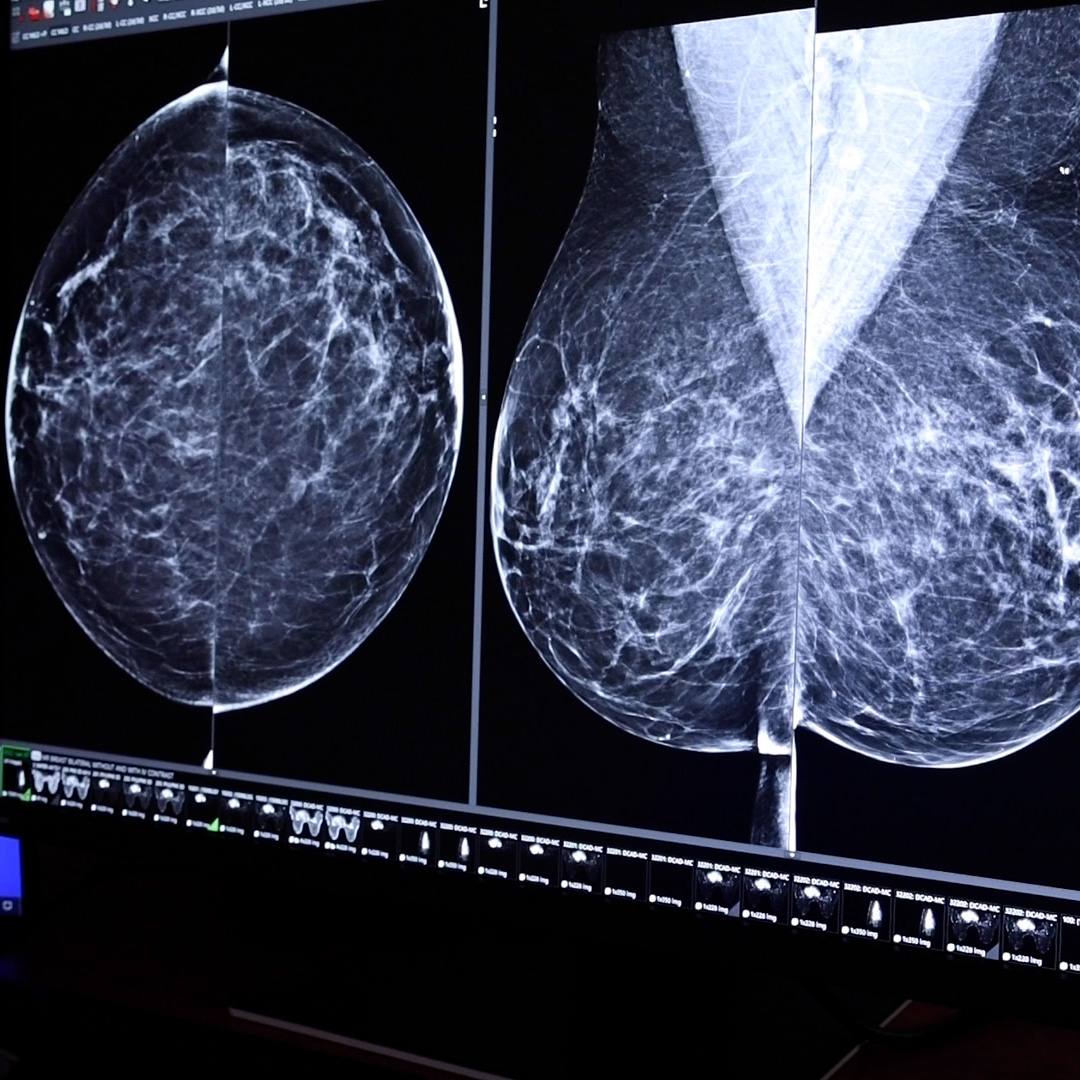Toxoplasmosis is a disease that results from an infection from one of the most common parasites. So common in fact that it might be in your home right now. People can be exposed to this parasite from infected cat feces, and exposure is especially risky for people who are pregnant.
In this Mayo Clinic Minute, Dr. Nipunie Rajapakse, a Mayo Clinic pediatric infectious diseases specialist, explains the risks and what moms-to-be can do to keep their baby safe.
Journalists: Broadcast-quality video (0:57) is in the downloads at the end of this post. Please "Courtesy: Mayo Clinic News Network." Read the script.
"The concern when it comes to pregnancy and cat litter is a type of parasitic infection called toxoplasmosis. This is the type of infection that cats can get. They might not have any symptoms of it themselves, but they shed the parasite in their stool. And, so, it ends up in the cat litter in quite a high concentration," says Dr. Rajapakse.
If a pregnant woman gets toxoplasmosis infection, the risk is that she can transmit that infection to her developing baby.
"And that baby can end up with a variety of issues, including impacts on their development of their brain, which is probably the most serious," says Dr. Rajapakse.
The best advice it to have someone else clean up after kitty during your pregnancy. However, if that's not an option, there are steps you can take to reduce your risk of getting infected with toxoplasmosis.
"You should make sure to wear gloves and then wash your hands really well once you're done handling the cat litter."
And you'll want to be sure to change the litter frequently.
"The parasites, they have to sit in the litter for one to five days before they can become infectious. So the more frequently you clean out the cat litter actually reduces the risk that you can get infected with this," says Dr. Rajapakse.
____________________________________________
For the safety of its patients, staff and visitors, Mayo Clinic has strict masking policies in place. Anyone shown without a mask was either recorded prior to COVID-19 or recorded in a nonpatient care area where social distancing and other safety protocols were followed.







